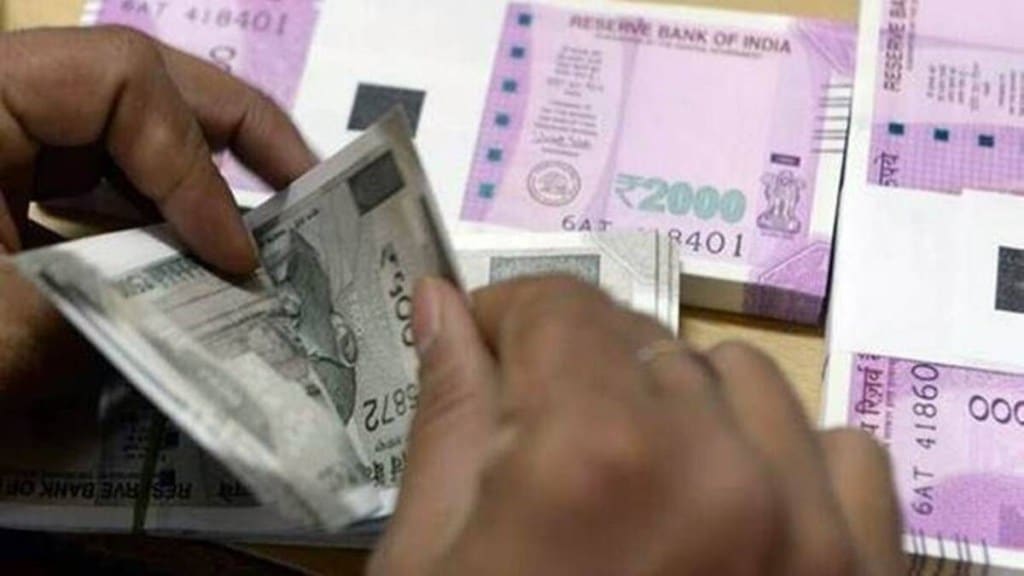Prime Minister Narendra Modi will announce transfer of Rs 16,800 crore under the Pradhan Mantri Kisan Samman Nidhi (PM-KISAN) scheme to 80 million farmers on Monday at an event in Belagavi, Karnataka.
Since its the launch in February 2019, more than Rs 2 trillion have been disbursed to farmers bank accounts under the income transfer scheme through 12 equal tranches of Rs 2,000 each. Farmers are provided financial assistance of Rs 6,000 annually through three equal instalments under the scheme.
With the release of the 13th instalment on Monday, the total amount transferred to farmers since the launch of the scheme would be more than Rs 2.32 trillion.
Also read: Differences persist over debt relief to distressed nations: IMF chief
“The Scheme has also benefited over 30 million women beneficiaries who have collectively received over Rs 53,600 crore,” according to an agriculture ministry statement on Sunday.
Currently financial assistance under PM-Kisan is provided to farmers with land holdings which are subject to certain exclusion criteria.
According to agriculture ministry officials, a database is being created for faster identification of beneficiaries under PM-Kisan and other schemes.
Through use of digital technologies in implementation of PM-Kisan, the government has also initiated steps for building a digital ecosystem for agriculture or agri stack, according to an official note.
The Union budget (2023-24) has made a provision of Rs 60,000 crore for implementation of PM-Kisan, the flagship scheme being implemented by the department of agriculture. This allocation is 13% less than the Rs 68,000 crore budgeted in 2022-23, however at the same level the revised budget for the current year.
Also read: Market-linked debentures: End of tax arbitrage
The agriculture ministry said that the PM-Kisan scheme has ‘spurred rural economic growth, eased credit constraints for farmers and boosted agricultural investments’. It also said that the scheme also increased farmers’ risk-taking capacity, leading to more productive investments.
According to International Food Policy Research Institute (IFPRI), PM-Kisan funds are helping recipients meet their agricultural needs and other expenses like education, medical care and marriage.
